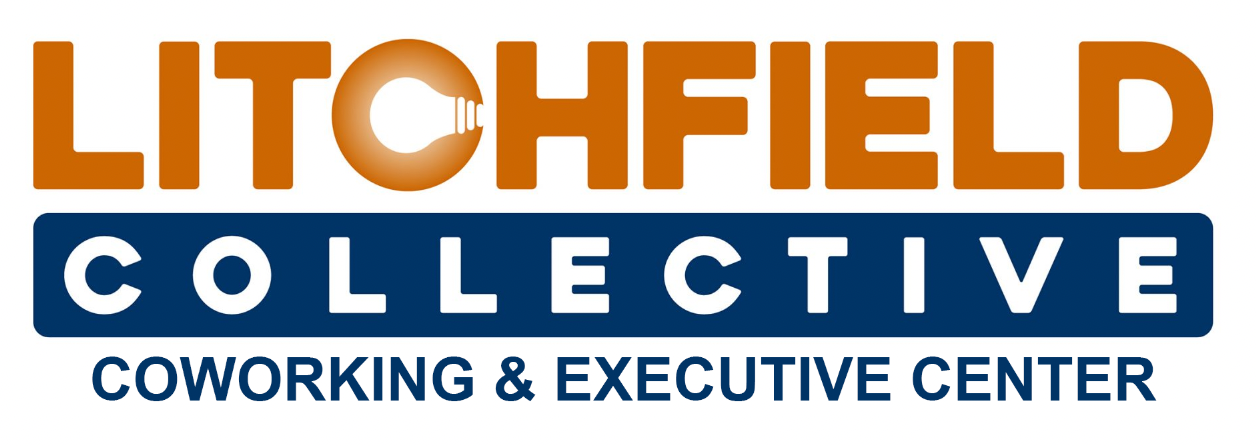What is ADA compliance?
The Americans with Disabilities Act (ADA) is a federal civil rights law that prohibits discrimination against people with disabilities. The ADA requires businesses, organizations, and other entities to provide individuals with disabilities equal access to goods, services, and facilities.
In the context of the internet, ADA compliance refers to the requirement that websites and web-based applications be accessible to people with disabilities. This includes ensuring that people with disabilities can use the website and access its content and that the website is free from barriers that could prevent people with disabilities from using it.
Why is ADA compliance important?
ADA compliance is substantial because it ensures that people with disabilities have equal access to information and resources online. This is especially important given the increasing reliance on the internet for communication, education, employment, and other essential services.
In addition, ADA compliance is vital for businesses and organizations because it helps to ensure that they are not discriminating against individuals with disabilities. This not only helps to promote inclusivity and diversity, but it can also protect businesses and organizations from legal action.
What are the potential consequences of not being ADA-compliant?
The potential consequences of not being ADA-compliant can be significant. Here are a few potential consequences that businesses and organizations should be aware of:
Legal action
Legal action is one of the most significant potential consequences of not being ADA-compliant. Businesses and organizations that do not provide equal access to their goods, services, or facilities for people with disabilities can be sued under the ADA. In recent years, there has been an increase in the number of lawsuits related to ADA compliance, particularly in the context of website accessibility.
Lost business
In addition to the risk of legal action, businesses and organizations that are not ADA compliant may also lose customers or clients who have disabilities and cannot access their website or web-based application. This can result in a loss of revenue and negatively impact the business or organization.
Damaged reputation
Another potential consequence of not being ADA compliant is damaging a business or organization’s reputation. This can occur if the business or organization is perceived as not inclusive or supportive of people with disabilities. This can lead to losing trust and credibility among customers, clients, and other stakeholders.
How can businesses and organizations ensure ADA compliance?
There are several steps that businesses and organizations can take to ensure that their websites and web-based applications are ADA-compliant:
Conduct an accessibility audit
The first step in ensuring ADA compliance is to conduct an accessibility audit of the website or web-based application. This involves reviewing the website or application to identify any barriers that could prevent people with disabilities from using it. Many tools and resources can be used to conduct an accessibility audit, including automated testing tools and manual testing by individuals with disabilities.
Implement accessibility improvements
Once an accessibility audit has been completed, the next step is implementing necessary improvements to make the website or application accessible. This may involve changing the website’s code, adding alternative text to images, or implementing other accessibility features.
Provide training to staff
Ensuring ADA compliance is not just a one-time effort; it requires ongoing maintenance and attention. Providing training to staff on accessibility best practices and how to identify and fix accessibility issues can help to ensure that the website or application remains compliant over time.
Utilize automated testing tools
Automated testing tools can be a helpful resource for identifying and fixing accessibility issues on a website or application. These tools can scan the website or application and identify potential barriers, making identifying and fixing issues easier.
Work with a web accessibility specialist like Litchfield Collective.
For businesses and organizations that are not familiar with web accessibility, working with a specialist can be a valuable resource. Web accessibility specialists have expertise in identifying and addressing accessibility issues on websites and web-based applications and can provide guidance and support to businesses and organizations looking to ensure ADA compliance.
Conclusion
ADA compliance is essential for businesses and organizations looking to ensure that their websites and web-based applications are accessible to people with disabilities. Failing to be ADA compliant can result in legal action, lost business, and damage to a company’s reputation. By conducting an accessibility audit, implementing necessary improvements, providing training to staff, utilizing automated testing tools, and working with a web accessibility specialist, businesses and organizations can help ensure that their websites and applications comply with the ADA.



